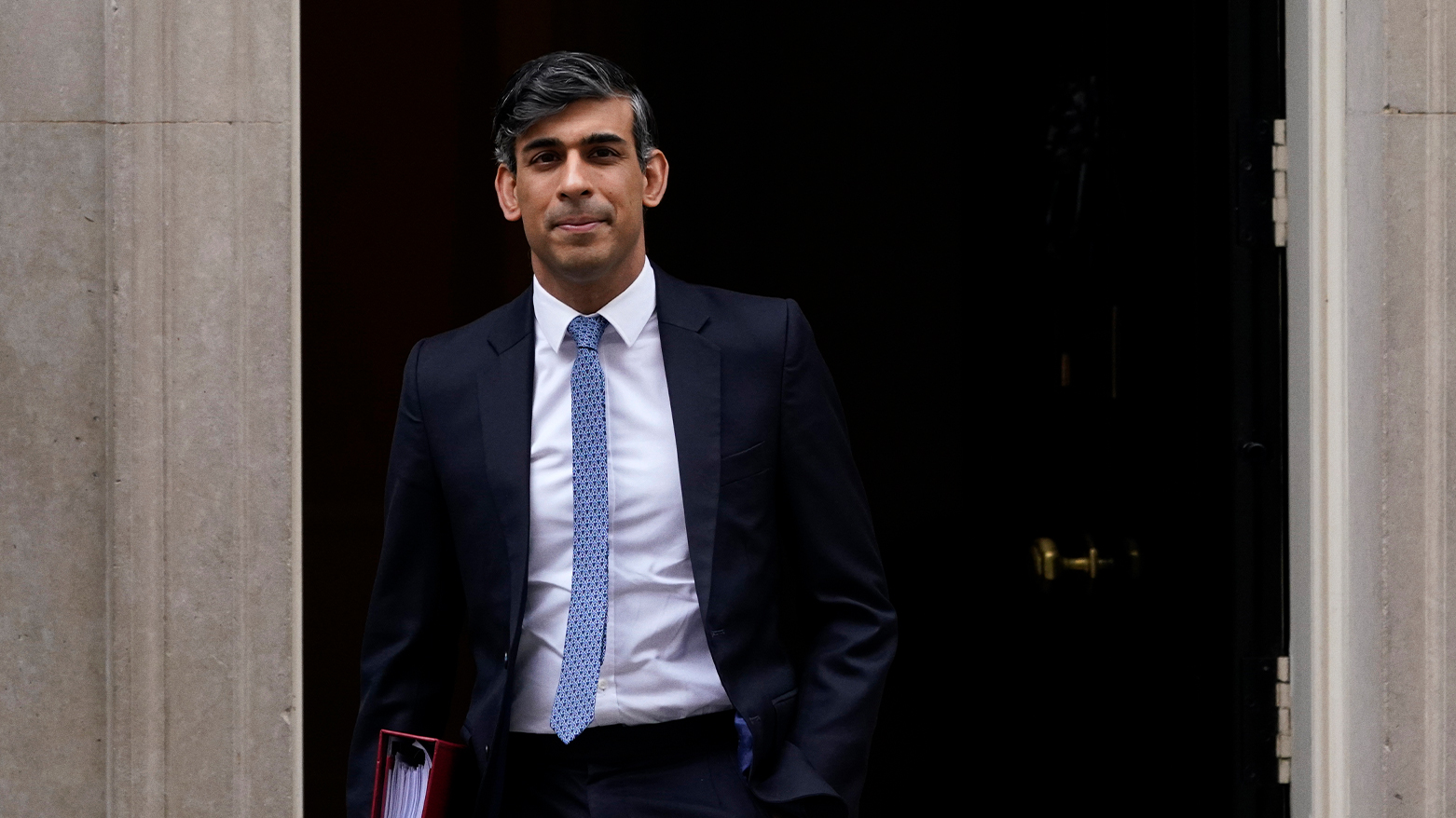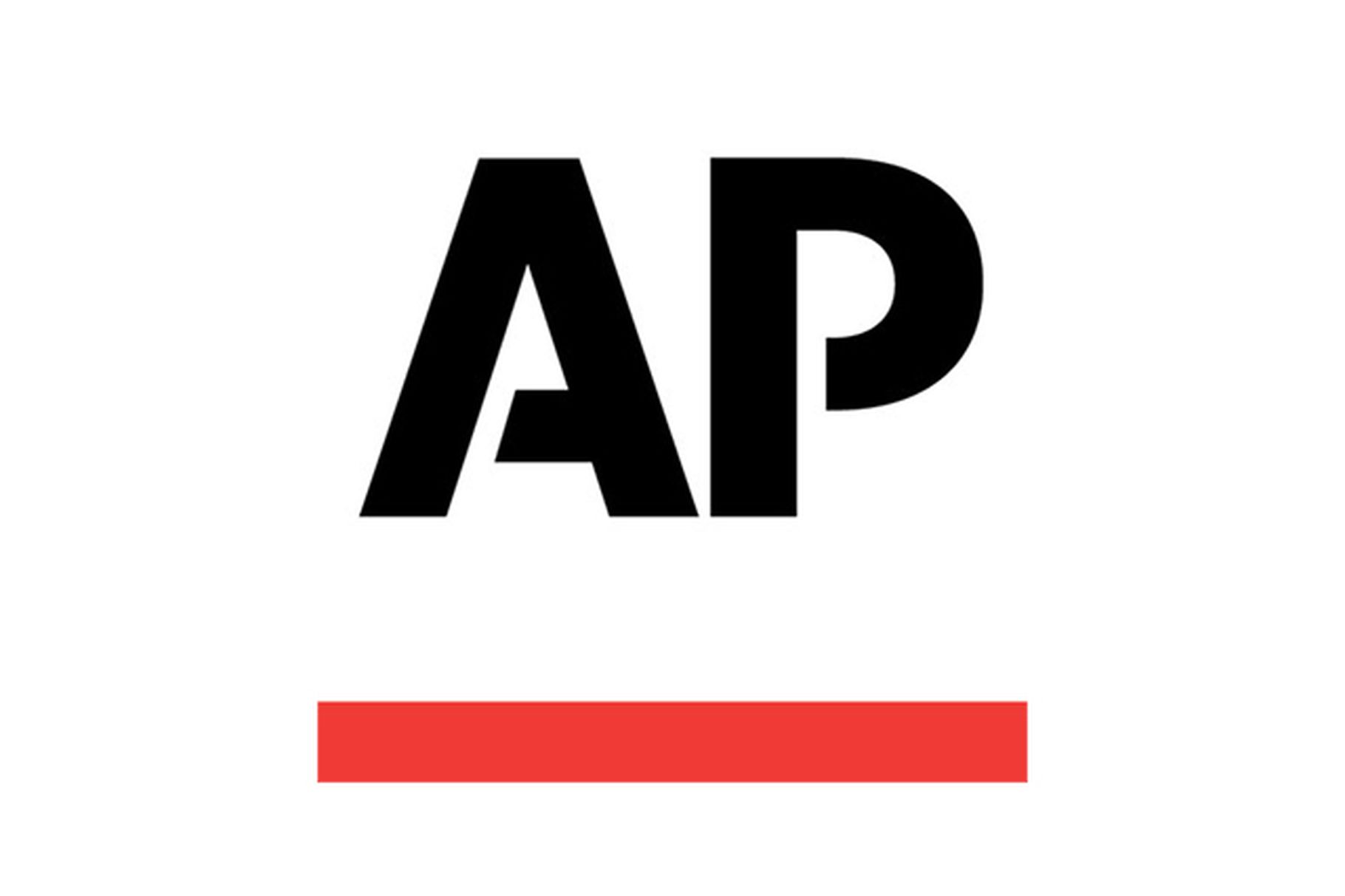The British government wants to define extremism. Critics say it risks creating more division

LONDON (AP) — The British government published a new official definition of “extremism” on Thursday, and said groups that get the label will be barred from receiving government funding.
The move is in response to a surge in reports of antisemitism and anti-Muslim hate speech and what authorities call an increase in radicalization in Britain since Hamas’ Oct. 7 attack on Israel, which triggered the war and Israel’s invasion of Gaza.
But critics say branding nonviolent groups as extremist could undermine freedom of speech and worship, or risk unfairly targeting some people, such as Muslims, and create more division.
The government defined extremism as “the promotion or advancement of an ideology based on violence, hatred or intolerance” that aims to destroy others’ rights and freedoms or “undermine, overturn or replace the U.K.'s system of liberal parliamentary democracy and democratic rights.”
Communities Secretary Michael Gove pointed in particular to threats from the extreme right and Islamic “extremists who are seeking to separate Muslims from the rest of society and create division within Muslim communities.”
“We are in no way intending to restrict freedom of expression, religion or belief, but the government cannot be in a position where, unwittingly or not, we sponsor, subsidize or support in any way organisations or individuals opposed to the freedoms we hold dear," Gove told lawmakers.
Groups that raise concerns under the new definition include the British National Socialist Movement, a neo-Nazi organization, and the Muslim Association of Britain, the U.K. affiliate of the Muslim Brotherhood, Gove said.
Authorities are expected to publish a list of such organizations in coming weeks. The new guidelines will not criminalize or ban the groups.
Islamic and civil liberties groups said they worried the definition would be used disproportionately on Muslims.
Qari Asim, chairman of the Mosques and Imams Advisory Board, said the proposed definition may not be applied consistently.
“If it’s left to people to apply any definition of extremism and call anyone extremist at their whim, then that is going to create huge division in our society,” he told the BBC.
The Muslim Council of Britain warned that the proposals were “undemocratic, divisive, and potentially illegal” and “may involve defining established Muslim organizations as extremist."
“With elections looming, it’s unsurprising that the government is resorting to this desperate tactic in the culture war," said Zara Mohammed, the group’s secretary general.
The Church of England’s most senior clerics also criticized the government's plans, warning that the new definition of extremism threatens the right to worship and peaceful protest.
The announcement comes two weeks after Prime Minister Rishi Sunak made a rare televised speech outside 10 Downing Street to denounce “a shocking increase in extremist disruption and criminality,” which he linked to the Israel-Hamas war.
Reports of both antisemitic and anti-Muslim abuse in Britain have surged since Hamas’ Oct. 7 attack on Israel, which triggered the war and Israel’s invasion of Gaza.
Mass pro-Palestinian protests have drawn hundreds of thousands of people to central London to call for a cease-fire. The protests have been overwhelmingly peaceful, though there have been dozens of arrests over signs and chants that police say showed support for the militant Hamas group, a banned organization in Britain. Police also arrested some right-wing counter-protesters and charged them with inciting racial hatred.
Jewish organizations and many lawmakers say the mass marches have created an intimidating atmosphere for Jewish Londoners, though members of the Jewish community have been among those on pro-cease-fire marches.
Gove said the new definition isn't aimed at stopping protests.
“Today’s definition applies only to government and makes it clear that we will keep these organizations at arm’s length so they can’t benefit from access to government and its funds,” he said.
